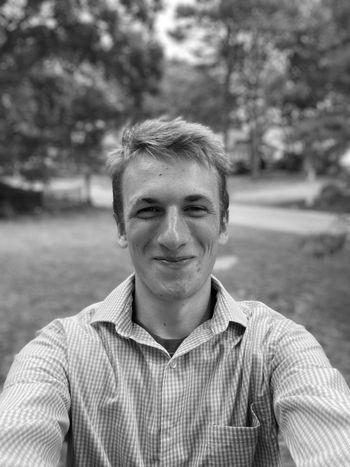Students threaten return of disruptive protests in fall as schools find ways to limit damages
‘What we will see [is] the students will continue their activism, will continue doing what they’ve done in conventional and unconventional ways,’ one protestor warned.
Certain universities, like Indiana University and Harvard University, have placed limits or are considering placing limits on future student protests to limit their damage and disruption.
Anti-Israel protesters have recently stated that the demonstrations that rocked colleges and universities over the past several year will continue this fall.
“What we will see [is] the students will continue their activism, will continue doing what they’ve done in conventional and unconventional ways,” said Mahmoud Khalil, a member of the anti-Israel group Columbia University Apartheid Divest. “So not only protests, not only encampments, kind of any — any available means necessary to push Columbia to divest from from [sic] Israel.”
Khalil added that anti-Israel demonstrators have been “working all this summer” on how they could best “pressure Columbia” to be on what he termed “the right side of history.”
[RELATED: Columbia prez discusses changes for fall semester following disruptive anti-Israel student protests]
Khalil added that setting up anti-Israel encampments on campuses will likely remain a mainstay in the pro-Palestinian movement.
“But for us, encampment is now our new base, as in the past, it used to be protests,” Khalil said. “Students would do protests every day, but now, kind of, encampments is [sic] the new base for us.”
Zainab Chaudry, director of the Council on American-Islamic Relations office in Maryland, also observed that students have been planning more advocacy against the Jewish State for the upcoming semester.
“There’s definitely conversations happening regarding how they can continue to advocate, to raise awareness about Palestinian human rights and genocide that’s happening in Gaza,” Chaudry said.
“And I think that there’s some students who already started planning over the summer. There have been some meetings that have been organized by some student leaders at different campuses to strategize ahead of the upcoming 2024-2025 academic year,” she added.
Khalil is not the only one threatening that anti-Israel students will restart their disruptive protests in the fall.
In a July interview published by Al Jazeera, Zaid Jaloudi, a Columbia University protester, warned: “We’re only getting started and there’s only one goal. There’s only one juncture in which we can say we have succeeded, and that is complete isolation of the Zionist state.”
He continued: “Divestment is not enough. Cutting academic ties is not enough. Israel needs to be isolated completely.”
[RELATED: Pro-Israel coalition urges universities to ‘reverse’ agreements made with encampment groups: ‘Deeply concerned’]
Some universities are aware of the threat and have been taking proactive steps to preempt any future encampments that could lead to disrupting student activities and life on campus.
Indiana University recently enacted new policies that, among other measures, forbid students from setting up encampments without prior approval from the university and limit what signs they can place on campus.
Harvard University is also reportedly considering forbidding chalking and camping overnight.
Campus Reform has contacted the Council on American-Islamic Relations and Columbia University for comment. This article will be updated accordingly.

